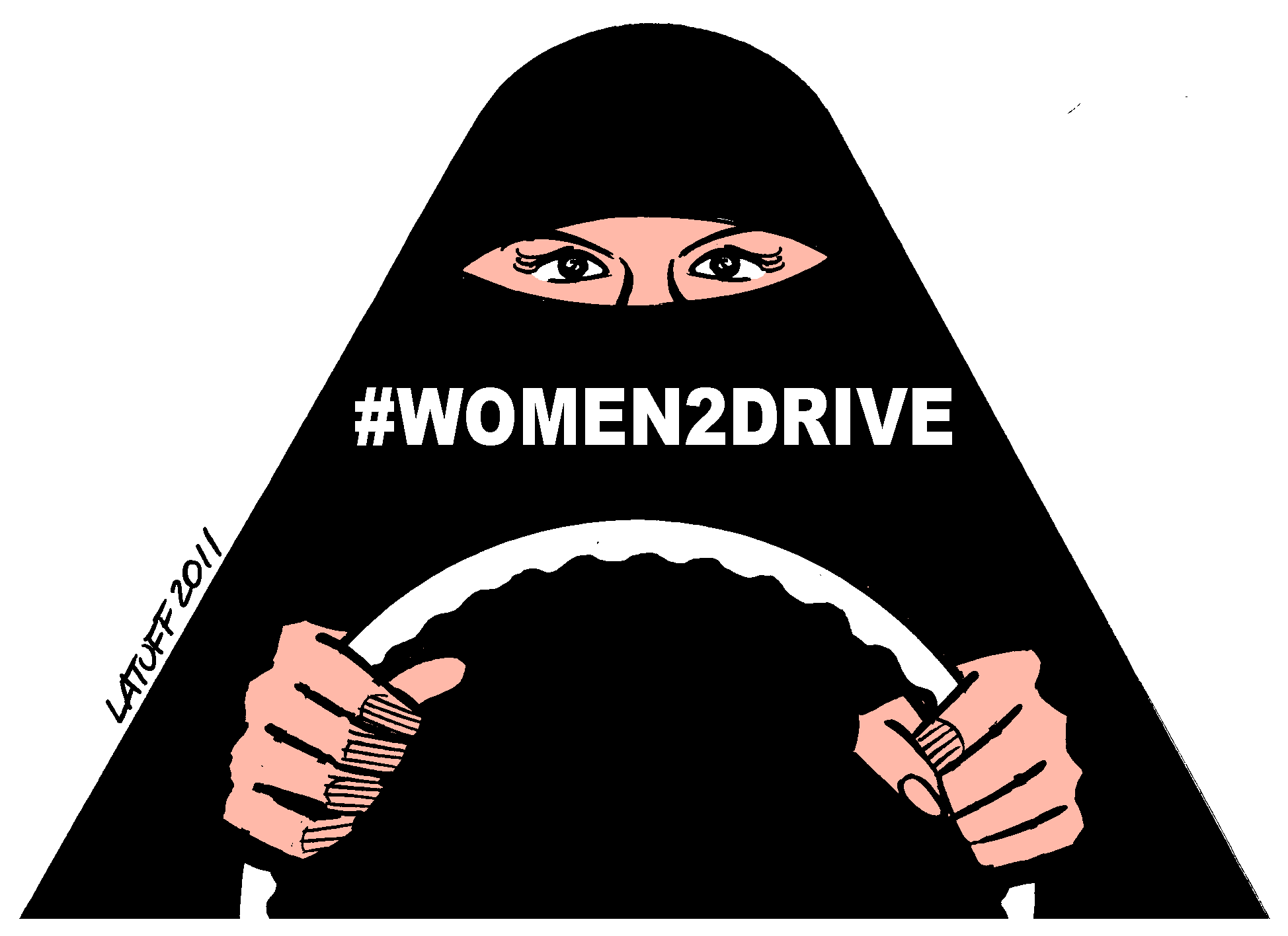This week marked a major milestone for women’s rights in one of the most conservative modern-day countries — Saudi Arabia. A recent royal decree will finally give Saudi women the right to drive, effective in June. This new policy aims to boost the country’s economy by increasing the number of women in the workforce.
Although the decree is certainly a step in the right direction, it is still a very small move in the grand scheme of gender equality. Yes, women will be able to exercise a greater degree of independence by driving themselves, but the country’s deeply ingrained patriarchy is still immovable. Saudi Arabian women remain subjected to a male guardianship system; their every movement is monitored and restricted by their male guardian, who must give them permission to do practically anything. This includes opening a bank account, traveling, leaving jail and even receiving urgent medical care. A woman in Saudi Arabia is considered the property of her father, husband or son “from birth until death,” according to Human Rights Watch.
Because women are perpetually trapped within the male-guardianship system, they are second-class citizens with no authority over their own lives. Under Saudi Arabia’s Sharia law, women are not allowed equal inheritance, and their court statements are not as credible as those of men.
Granted, there has been some additional progress for women’s rights in recent years that shouldn’t be ignored. For instance, Saudi women can vote in local elections and compete in the Olympics, and it is becoming more acceptable for women to receive a college education. But even with these victories, life for Saudi women will not improve until changes are made on a fundamental level. That is, the patriarchal mindset of the country’s inhabitants must shift for real progress to be made, and it is the Saudi government’s responsibility to facilitate this change.
Consider this: Even if a woman is able to independently obtain a driver’s license, what are the chances she will muster up the courage to defy an abusive husband who forbids her from driving? How likely is it that she will ignore her father’s commands to sacrifice freedom for the sake of tradition?
Thus, the Saudi government must firmly enforce this new decree and staunchly challenge the anachronistic male-guardianship system. These changes will obviously take time, which is why it is crucial that the governing bodies of other countries play an active role in destabilizing the tyrannical patriarchy ensnaring Saudi women. It is particularly important that the United States, as the leader of the free world and a longtime ally of Saudi Arabia, help champion women’s rights. We must pressure the Saudi government to take a firmer stance on the fight for basic rights and freedoms.
The liberation of Saudi women would not only be a humanitarian success, but also open economic opportunities. The long-term oppression of half the Saudi population prevents the country from making progress. If women were free to make their own decisions, educate themselves and live independently, there would be new potential in all fields of work, such as technology, medicine, business and politics.
So yes, women in Saudi Arabia can now drive, vote and play sports — but they still can’t receive certain medical treatments, open bank accounts or travel on their own. There is clearly a long road ahead to complete equality in Saudi Arabia, but with perseverance and the support of powerful governments, it is a goal that may very well be achieved in our lifetime.



